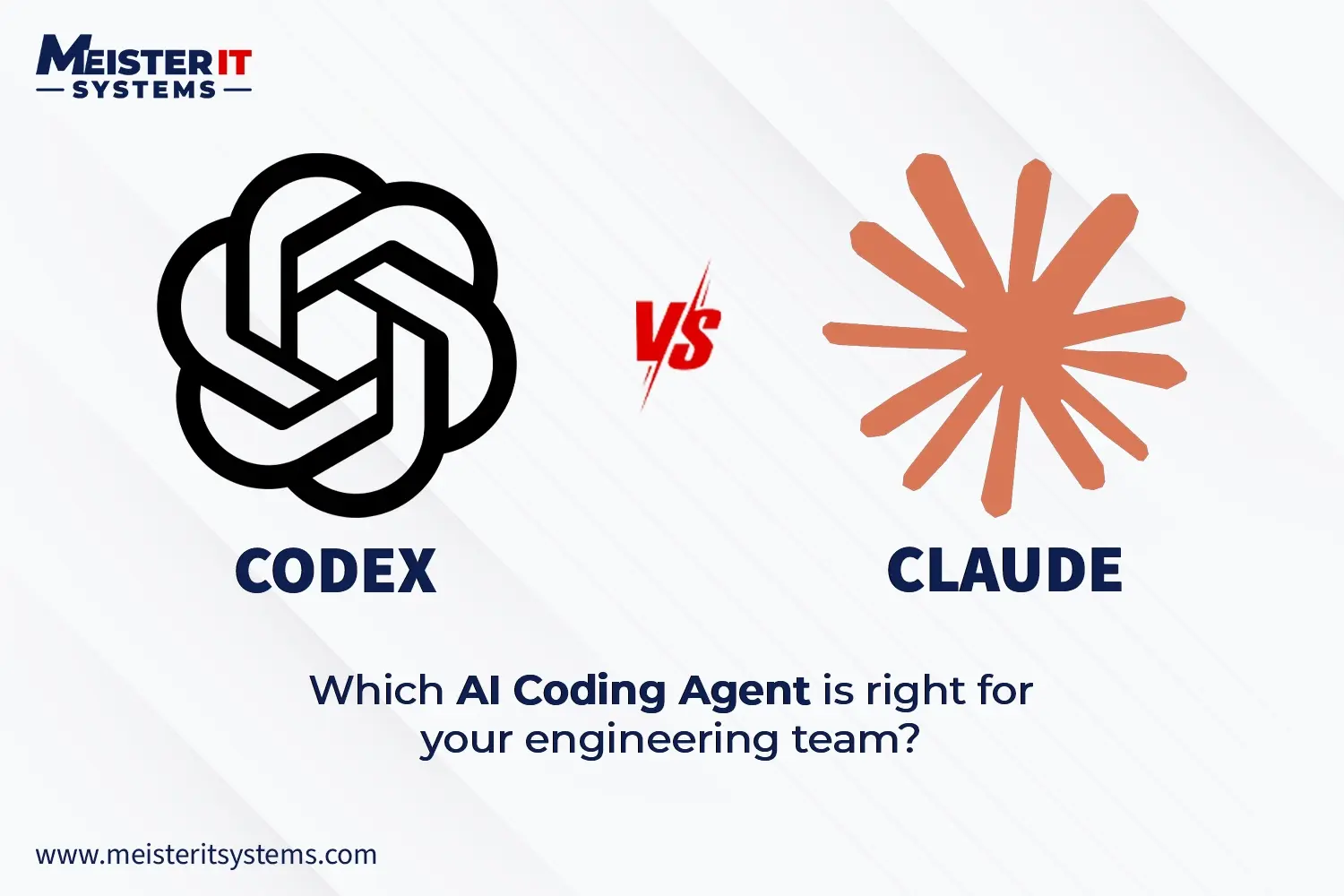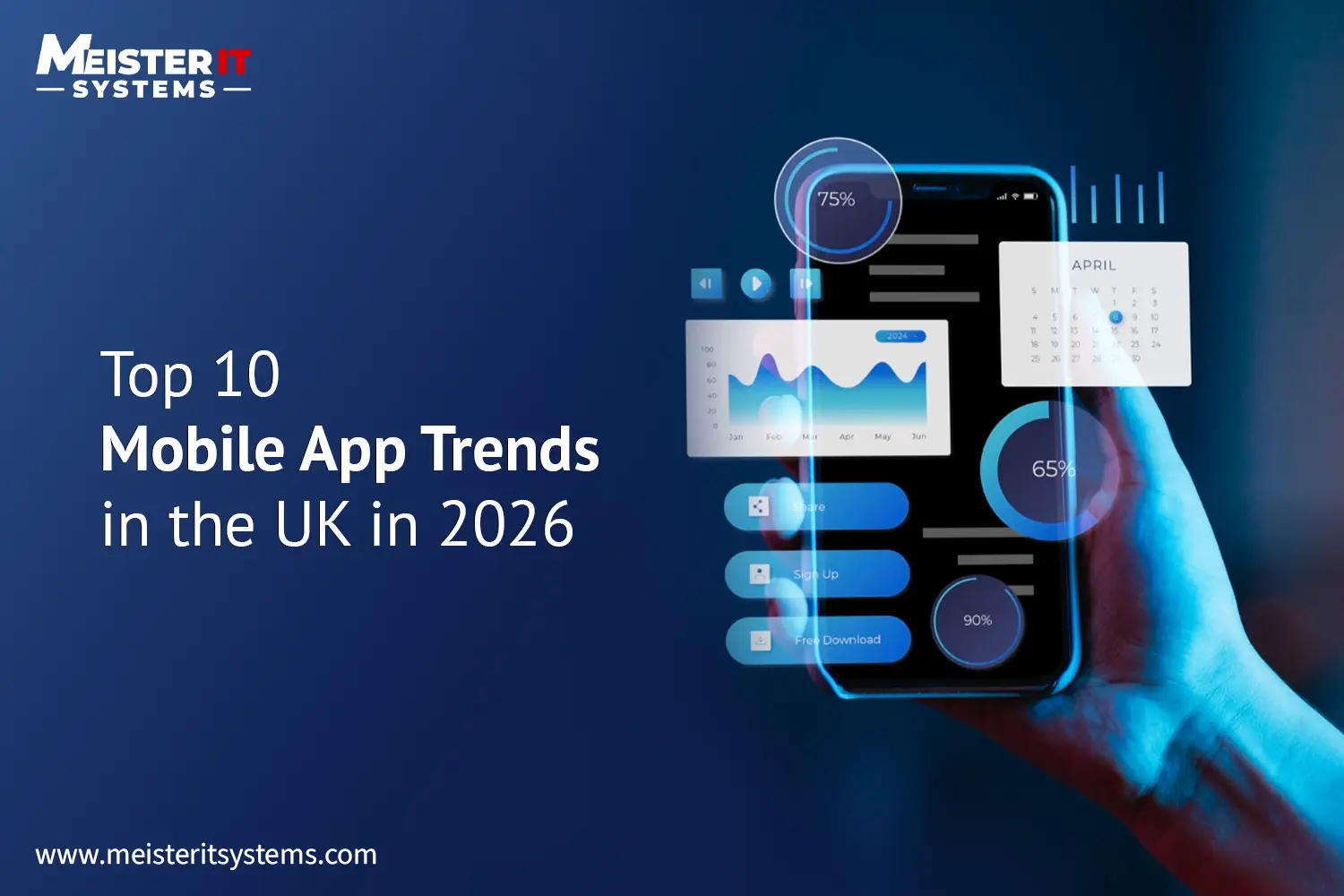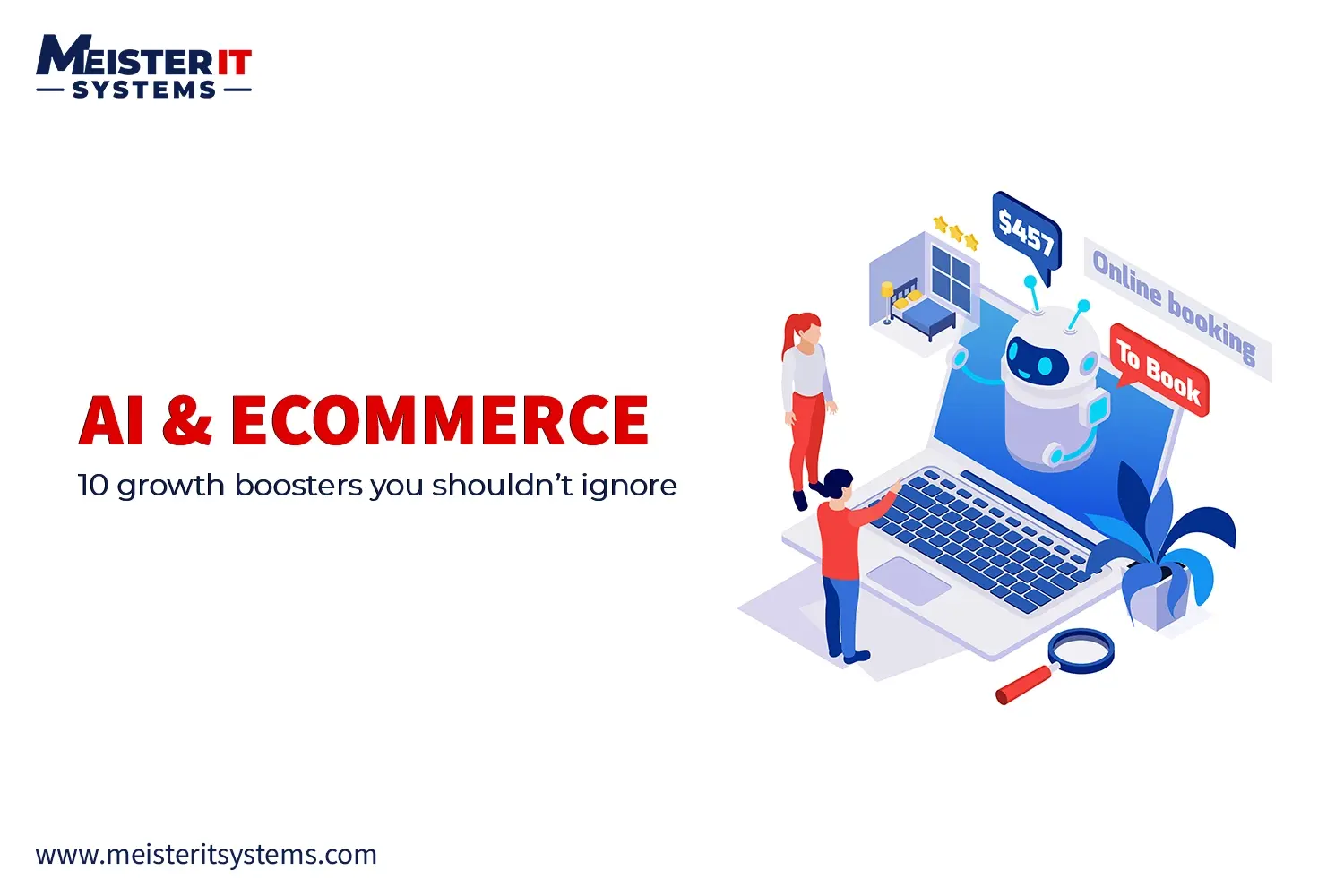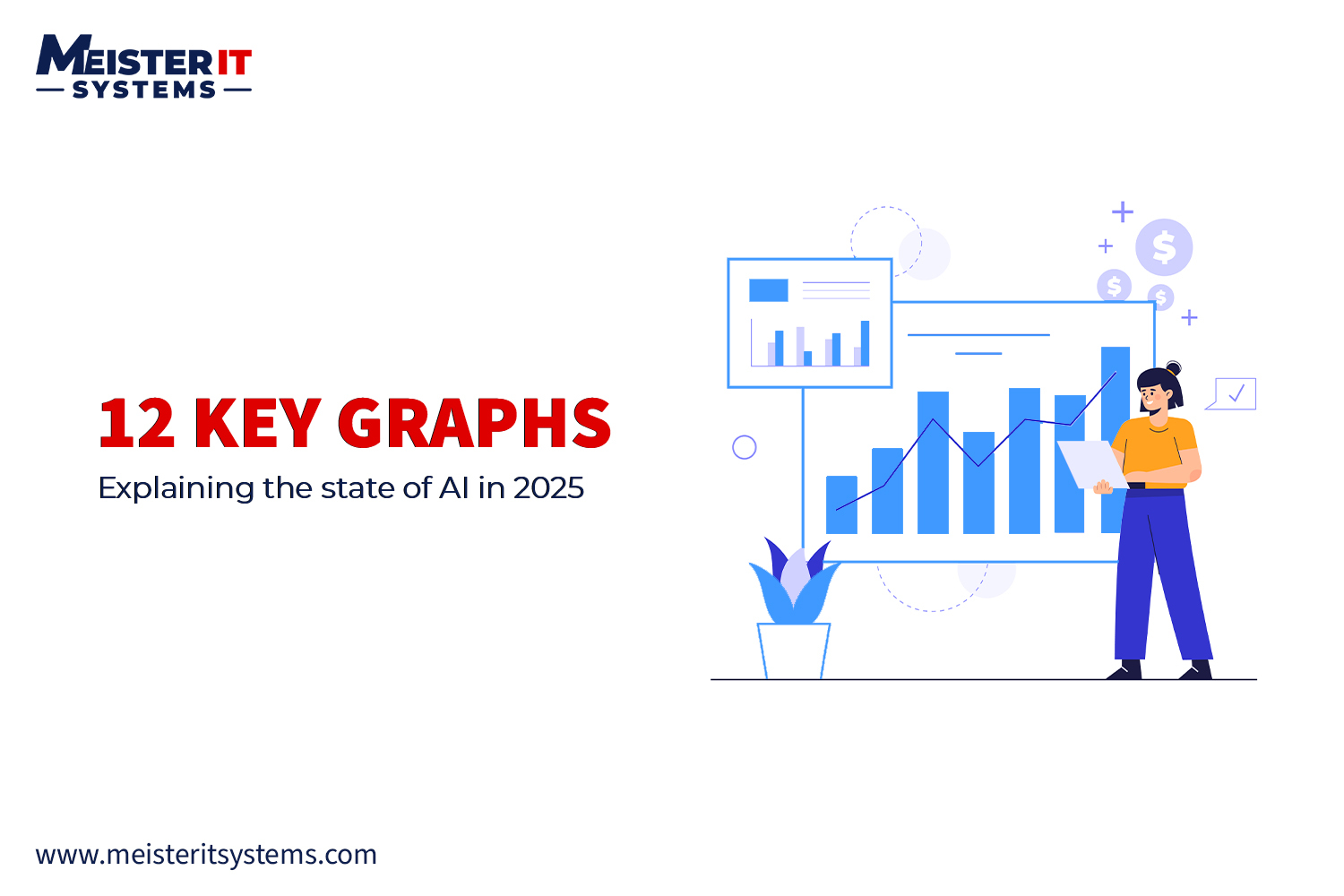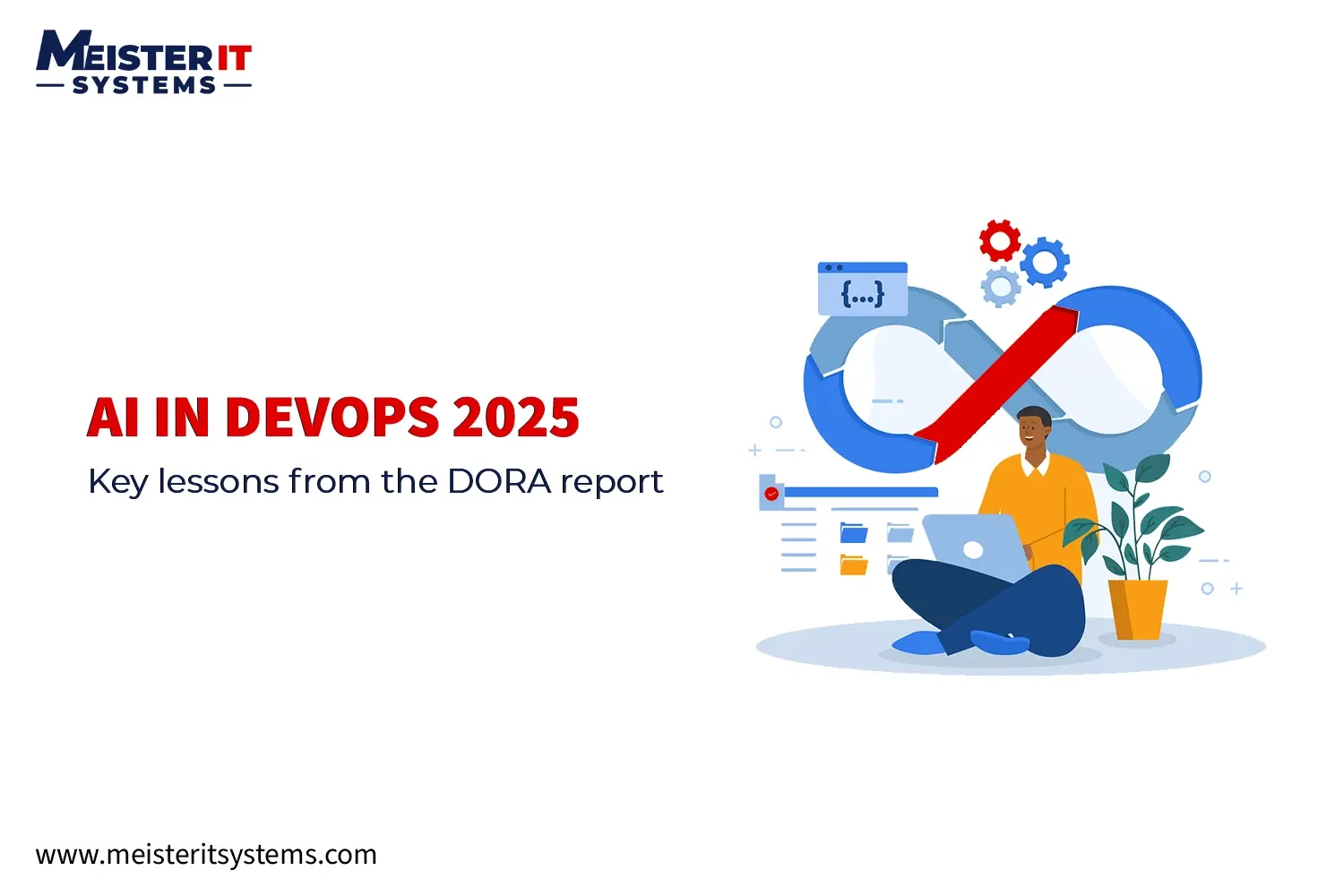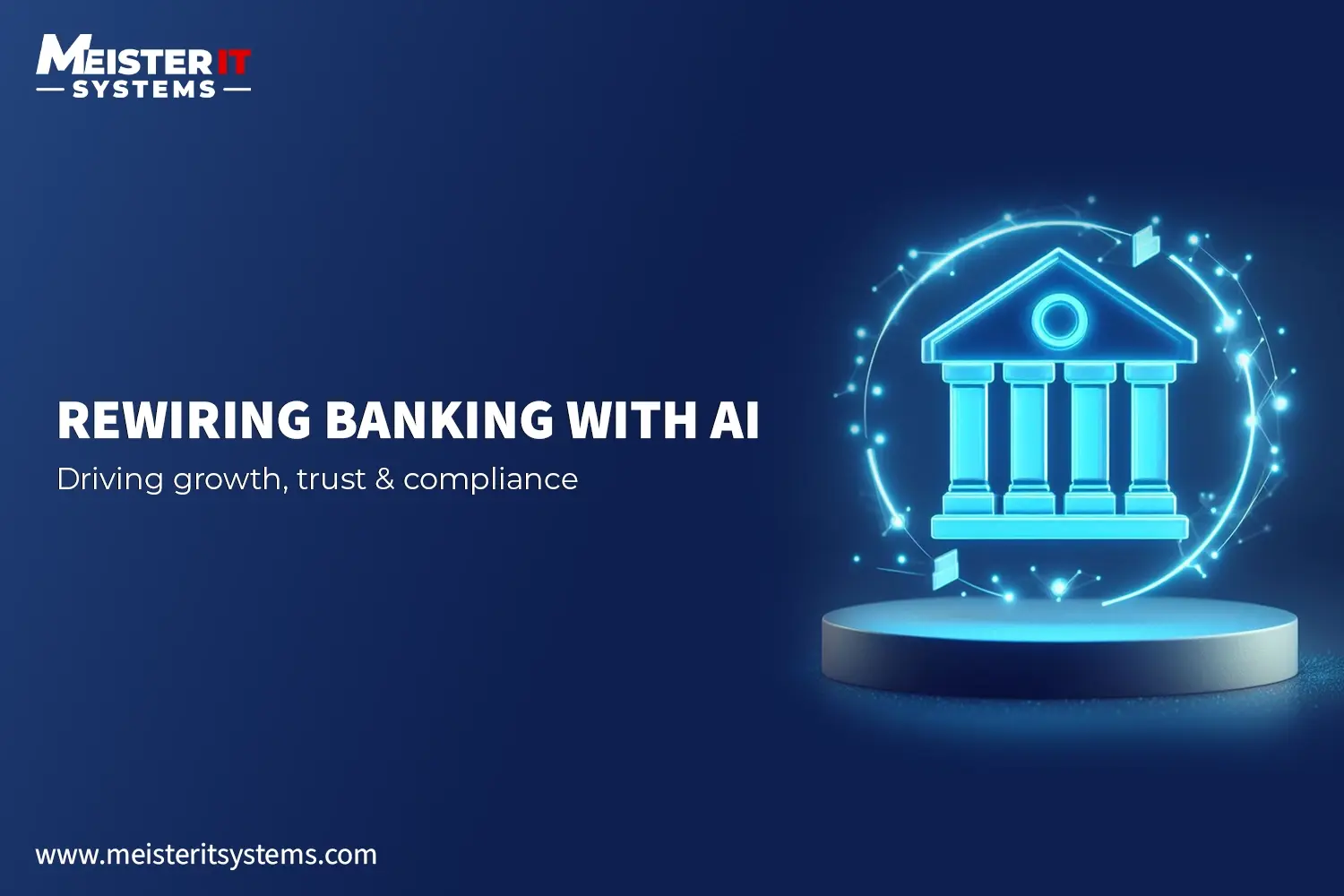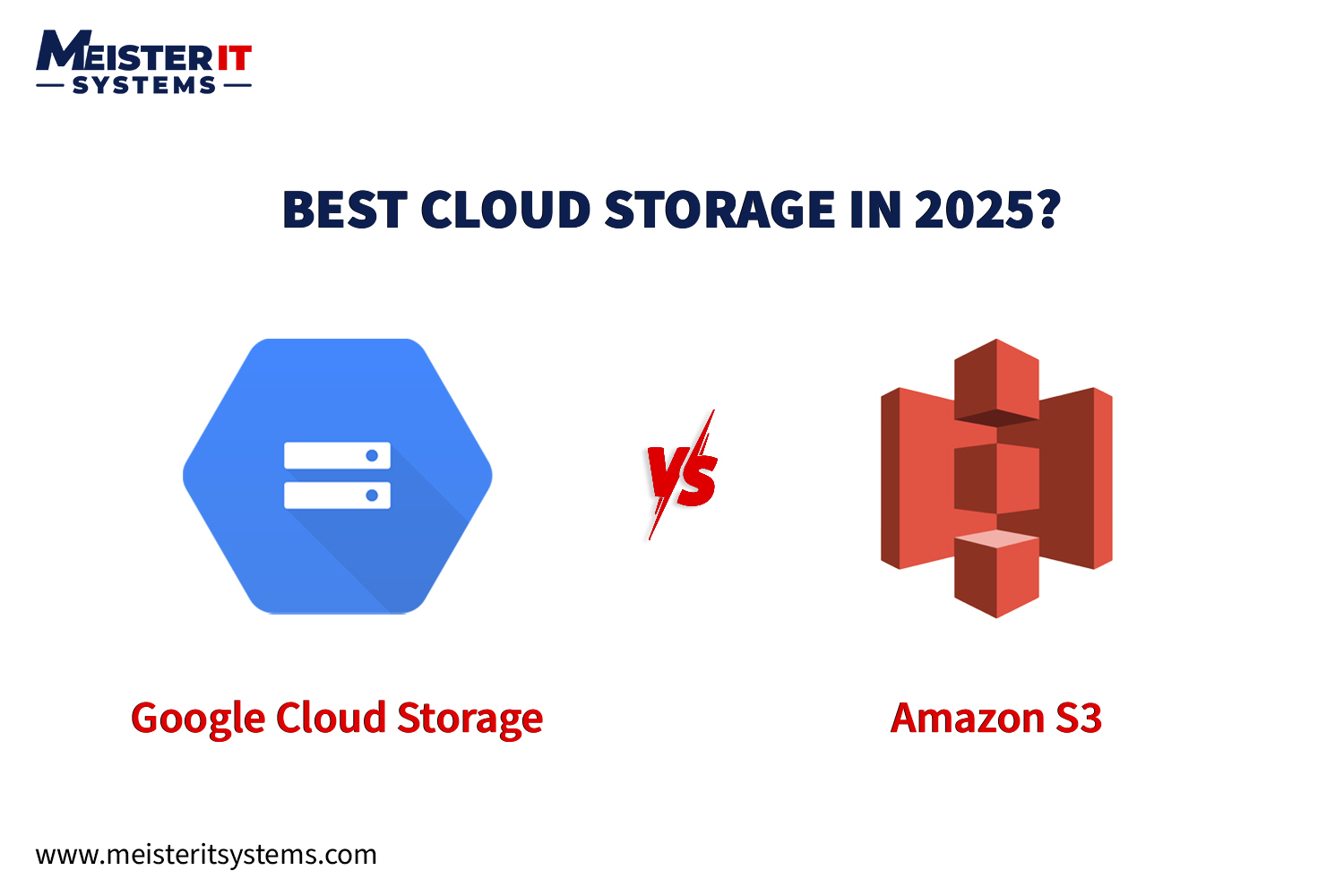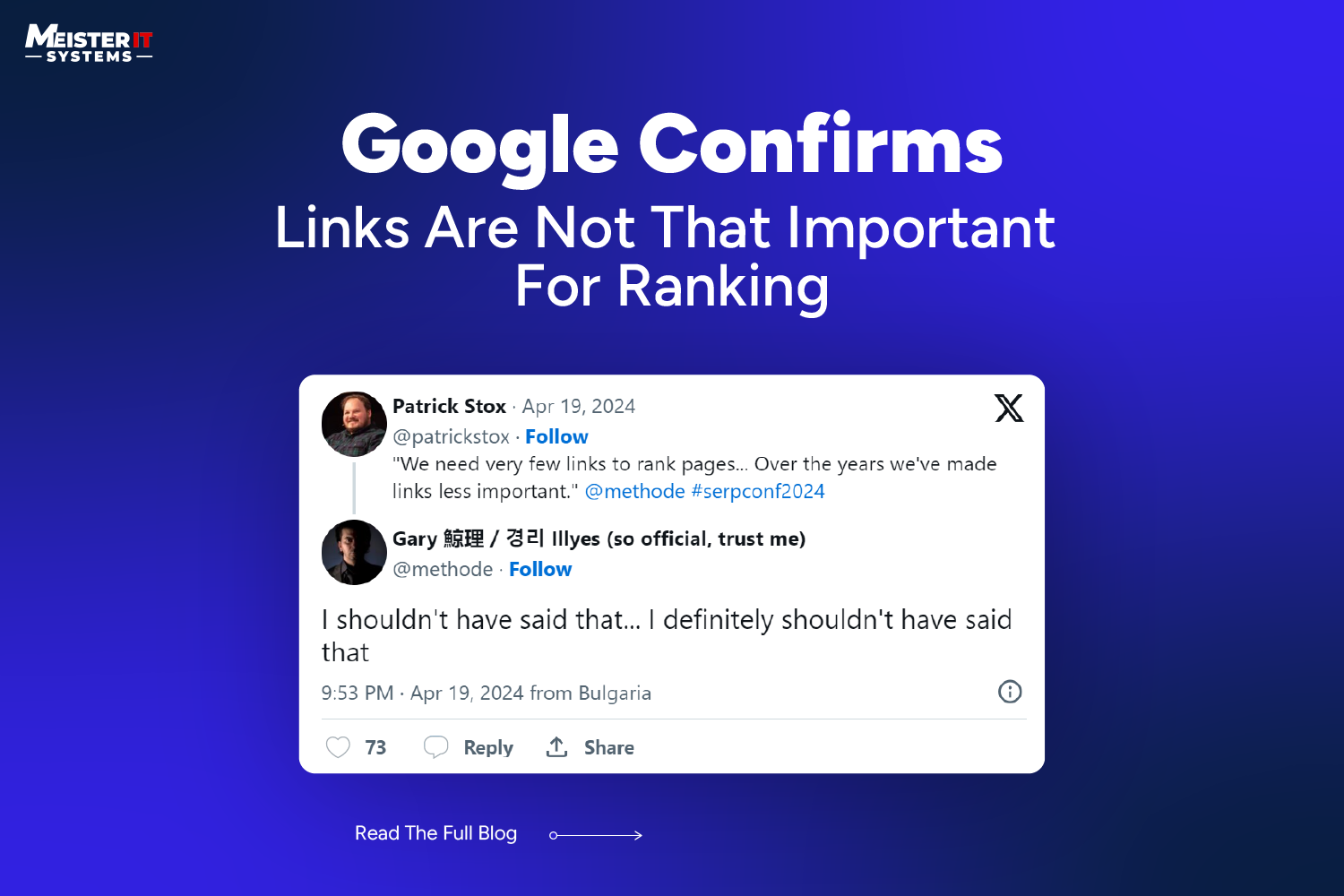
Google’s Gary Illyes, during a recent search marketing conference, revealed that Google relies on very few links for ranking websites, suggesting that publishers should prioritise other factors. This aligns with Google’s ongoing evolution to reduce the significance of links in their ranking algorithms. Gary Illyes later confirmed his comments via Twitter.
History of Links in SEO
Links have historically played a key role in search engine optimisation (SEO) since the late 1990s. They were seen as reliable validators for a website’s authority, and then soon after Google discovered using anchor text to determine the semantic relevance of a webpage. An influential research paper titled “Authoritative Sources in a Hyperlinked Environment,” published by Jon M. Kleinberg in 1998, suggested that links could be used to filter out low-quality pages and identify authoritative ones for ranking.
Kleinberg wrote:
“To provide effective search methods under these conditions, one needs a way to filter, from among a huge collection of relevant pages, a small set of the most “authoritative” or ‘definitive’ ones.”
This led to further exploration into using links as both authority and relevance metrics. The founders of Google, Larry Page and Sergey Brin, also contributed to this field through their research paper “The Anatomy of a Large-Scale Hypertextual Web Search Engine.” They demonstrated that anchor text could represent the subjective opinions of millions of web users, effectively crowdsourcing the relevance of web pages through the link structure.
Gary Illyes on Links in 2024
At a search conference in Bulgaria, Google’s Gary Illyes stated that Google doesn’t require many links to rank pages and that their importance has decreased over the years.
Patrick Stox, a respected SEO expert, tweeted about this, quoting Illyes as saying,
“We need very few links to rank pages… Over the years we’ve made links less important.”
Illyes himself confirmed the accuracy of this statement on Twitter.
“I shouldn’t have said that… I definitely shouldn’t have said that”
Why do links matter less?
Links have become less critical due to various reasons. The initial state of anchor text and links was non-spammy, hyperlinks were used as a primary method to send traffic from one website to another. However, as SEO practices evolved around 2004 or 2005, Google had to adapt to detect manipulated links. By 2006, links associated with “advertising” and “powered-by” footer links had less impact on rankings. By 2012 Google deployed a massive algorithm called Penguin that targeted websites engaged in manipulative link-building practices. By 2019, Google started selectively using nofollow links for ranking purposes, further reducing the value of spammy or manipulated links.
Google explicitly confirms that links matter less!
In 2023, during PubCon Austin, Gary Illyes mentioned that links were not among the top three ranking factors. In March 2024, Google updated its spam policy documentation, removing “important” from the description of links. The documentation previously describes:
“Google uses links as an important factor in determining the relevancy of web pages.”
The documentation that mentioned the links as important was updated to remove the word important.
This shift suggests that Google is confident using artificial intelligence (AI) and natural language understanding in its algorithms, reducing the need for links to rank web pages.
John Mueller, another prominent Google representative, emphasised in April 2024 that focusing on links might not be the most productive SEO strategy. He advised that there are other, more effective activities to improve a website’s overall quality.
Mueller explained:
“There are more important things for websites nowadays, and over-focusing on links will often result in you wasting your time doing things that don’t make your website better overall”
Finally, Garry explicitly confirmed that Google needs very few links to achieve top rankings in Google searches.
"We need very few links to rank pages… Over the years we've made links less important." @methode #serpconf2024
— Patrick Stox (@patrickstox) April 19, 2024
Why Google Doesn’t Need Links?
Google’s advanced AI and natural language processing (NLP) capabilities are likely the reason for the decreased emphasis on links. As Google refines its algorithms, it relies more on understanding the context and relevance of content rather than the number of links pointing to a page. This shift has led many SEO experts, including those with extensive experience in link building, to reconsider the role of links in SEO strategies.
In summary, while links were once a cornerstone of SEO, their importance has diminished significantly due to Google’s evolving algorithms and enhanced AI capabilities. SEO practitioners are encouraged to focus on other factors that improve website quality and user experience.



